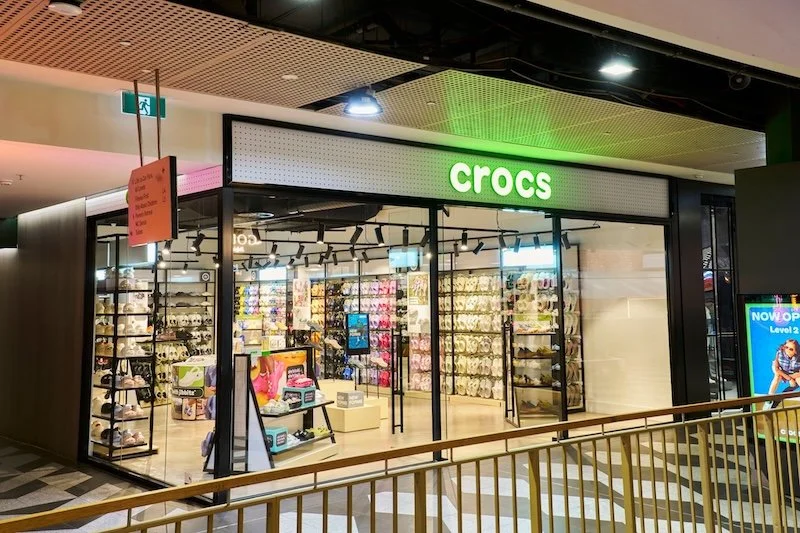How retailers can unlock AI’s full potential
By Kees Jacobs, Vice President, Global Consumer Products and Retail Sector, Capgemini
Across the industry, retailers are beginning to recognise that artificial intelligence (AI) will help them better understand and serve their customers, rationalise their supply chains, and transform the efficiency of their operations.
Change is starting to take hold: a recent study by the Capgemini Research Institute, which included an extensive analysis of public data from the world’s top 250 retailers, finds that 28% of large retailers deployed AI in 2018, compared to just 4% in 2016.
While the pace is picking up, meaningful progress on implementation has been mixed. The report shows that there are significant gaps and shortfalls to be addressed if the industry is to capitalise on this opportunity as a solution to current challenges, and a driver of future growth and value.
Most significantly, the research found that retailers are not focusing enough attention on AI in operations, and that there is a widespread struggle within the sector to scale initiatives, with just 1% having been rolled out across a full-scale or multi-site deployment. By contrast, 74% are at proof of concept and 24% at pilot stage.
As a mostly high-volume business, retailers can only realise the potential of AI by finding ways to implement it at scale. A new approach is needed, one which targets quicker wins (89% of AI use cases are focused on high complexity, thus longer-term areas) and demonstrates use cases that can be implemented at scale.
The operations opportunity
Any approach must begin by re-assessing opportunities to use AI in operations. Among the top 250 retailers, just 26% of AI use cases were operations focused, with the other 74% directed at customer facing functions. While the benefits of implementing AI at the customer end can be significant (for example, France’s Decathlon Group saw a 48% reduction in time from search to sale through making use of AI in the search function), overall this bias represents a massive missed opportunity on the operations side, one our recent study estimates could be worth approximately $340 billion in cost savings to the industry by 2022.
Within that overall figure, the most significant areas of potential savings are the supply chain (where over $144 billion of costs could be cut through implementing AI at scale) and returns management (over $123 billion).
In the supply chain, there are numerous areas where AI can make a marked difference to efficiency and cost. Optimising route plans to move stock is one important area, in which brands from Tesco to Alibaba have been using machine learning to good effect. While UK online retailer Ocado has led the way on using AI-powered robotics to improve the speed at which orders are picked in its warehouses, fulfilling as many as 65,000 orders a week, and licensing its technology to other major brands including Kroger.
In returns, a major cost area for retailers, AI can help by improving understanding of customer behaviour. German e-commerce brand Otto has reduced the number of items returned annually by more than two million, via an algorithm that can predict customer purchases with 90% accuracy, based on its analysis of billions of previous transactions.
I have given you just a flavour of the most significant use cases we’ve identified for AI in retail operations. Across the board, others include the role of AI in procurement and pricing decisions, optimisation of product content and catalogue management, predictive maintenance of production environments, and in-store shelf scanning. AI has relevance across almost every area of retail operations, but companies must focus on where they have the relevant skills, available datasets, and readiness to move swiftly from proof of concept to implementation at scale.
Never forget about the customer
While it is important that retailers focus on operational improvements, that does not mean they can afford to forget about the customer. When we asked retail executives what parameters they used to decide on AI implementation projects, 62% identified cost, 59% identified expected ROI and 53% identified availability of data, while just 10% mentioned the impact on customer experience, and 7% the desire to solve known consumer pain points. We encourage retailers to focus more on operations, but at the same time they have to continue looking through the customer’s lens to remember who the enhancements to the operation and supply chain will ultimately service.
Overall, no one doubts the central role AI will play in shaping the retail model of the future. The question the industry now faces is how quickly and effectively it can move from good ideas to implementation at scale. The concept is clear for all to see; it will be the ability to execute that separates the winners and losers in the years ahead.










Continue reading…